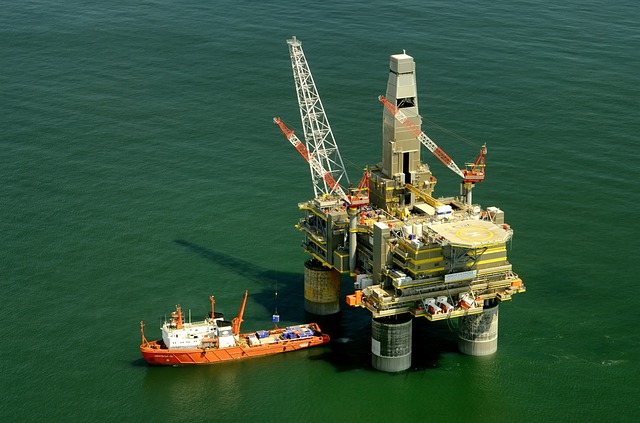A little over thirteen years ago, an oil rig in the Gulf of Mexico exploded causing the largest oil spill in world history. In short order, the name of the rig, Deepwater Horizon, became a familiar household term to describe the event and its aftermath.
The mayhem was caused by a natural gas buildup far below the ocean’s surface that blasted through the concrete that had been poured to seal off the well. This gas rose through the water column to the platform of the offshore rig and ignited. When it did, it killed 11 workers and injured 17 others.
Crews responded immediately to tackle the task of stopping the flow of oil on the ocean floor. After three months of fervent effort, the well was finally sealed off but not before nearly 134 million gallons of oil had spewed into the ocean.
This liquid fanned out to cover some 57,500 square miles and impacted over 1,000 miles of shoreline from Louisiana to Florida. Clean up crews worked for four years to contain, control, and remove the oil and the spill ended up costing British Petroleum nearly 62 billion dollars.
In addition to the human deaths, many fish and other animals were negatively affected as well. It is estimated that some 800,000 birds and 65,000 sea turtles died from this disaster, and its impact on ecosystems locally and abroad continues to be debated.
The well itself was 5,000 feet below the ocean surface and went down another 18,000 feet into the rock beneath. It’s hard to imagine that an issue over four miles deep could cause such problems on the surface, but that’s where the complications began. As the gas made its way upward, it opened the way for the worst such disaster yet experienced.
As I’ve reflected on this ecological catastrophe, it has challenged me to consider what’s beneath the surfaces of our lives. Too often buried feelings and emotions simmer down below until some event triggers their explosive release.
Initially, it may seem that all is well on top while trouble quietly brews below. We assume things are great although we can sense the uneasiness of unforgiveness or pain festering down deep. And then one day, the wrong thing is said or done and our cap blows. When it does, all manner of nasty stuff may erupt from our mouths or fists polluting and injuring all those around us.
Failsafe mechanisms that we’ve put in place to prevent us from losing it sometimes fail just as they did in the Gulf. Unintended consequences mushroom out in all directions carried by word of mouth, social media, and gossip. Before you know it, a massive containment effort is required as is a lengthy and costly clean up.
How much better to relieve this pressure before a catastrophic event occurs. We can do that in several ways including, most importantly, prayer. Sharing with God all that’s going on in our hearts and minds is a great way to vent our emotions. Not only does He listen to us, but He is able to absorb our hatred and bitterness and heal our hurts.
It also may be necessary to find a godly friend or counselor who can help us process our feelings. Some garbage, like physical or sexual abuse, often requires professional help to defuse the enormous pressure that has built up. With their help, relief valves can be installed before the cap blows causing irreparable damage.
We may like to avoid dealing with or even thinking about what’s buried beneath, but if we fail to process it in a constructive way, it will eventually manifest itself on our waves and beaches above. It may require extensive effort and possibly expense, but it is certainly worth it to avoid an even costlier mop up later.
May we invite the Lord to help us discover and dismiss our deep problems before they blow.
Blessings, George
